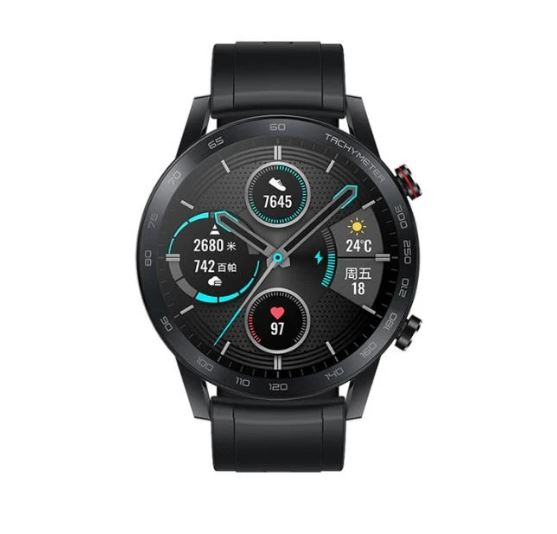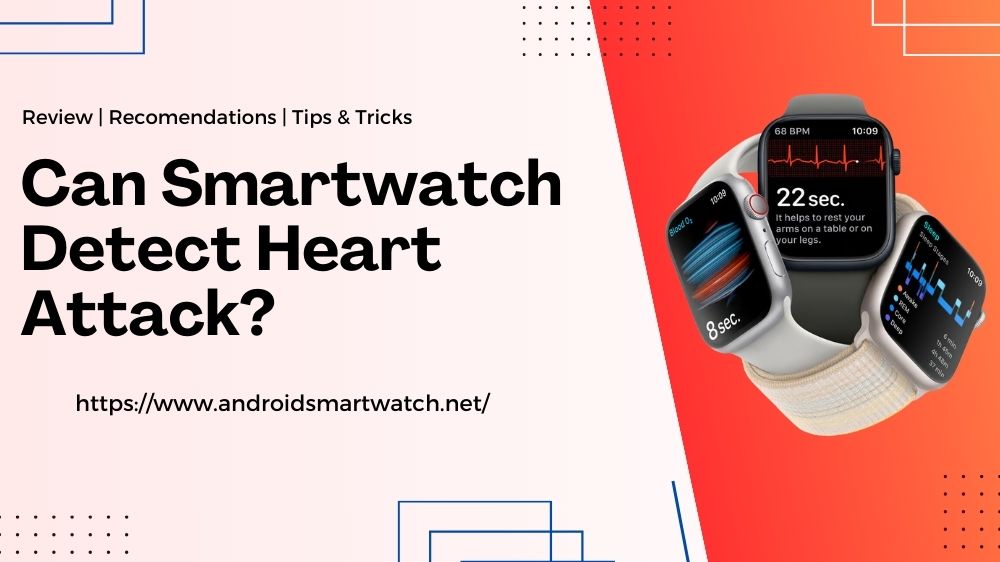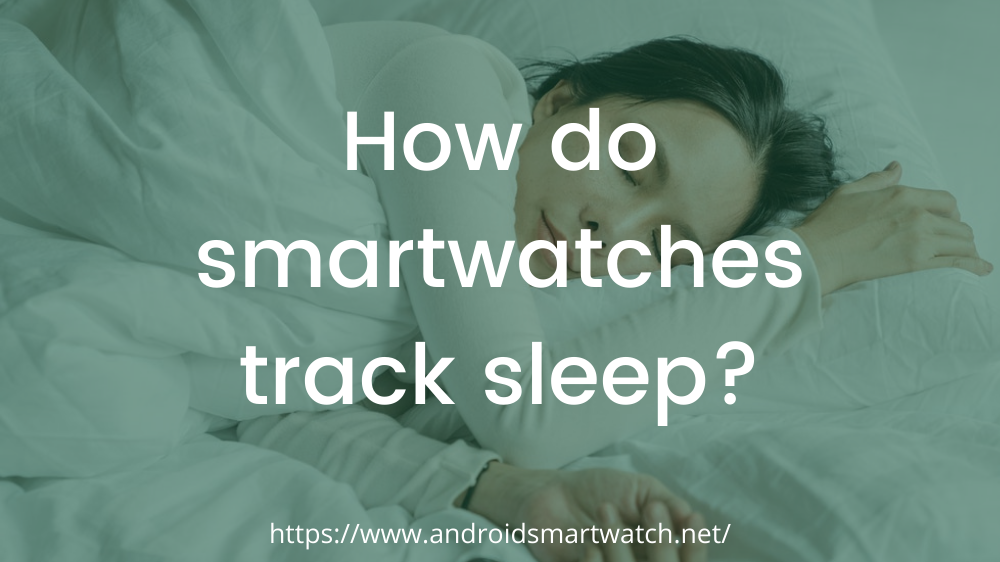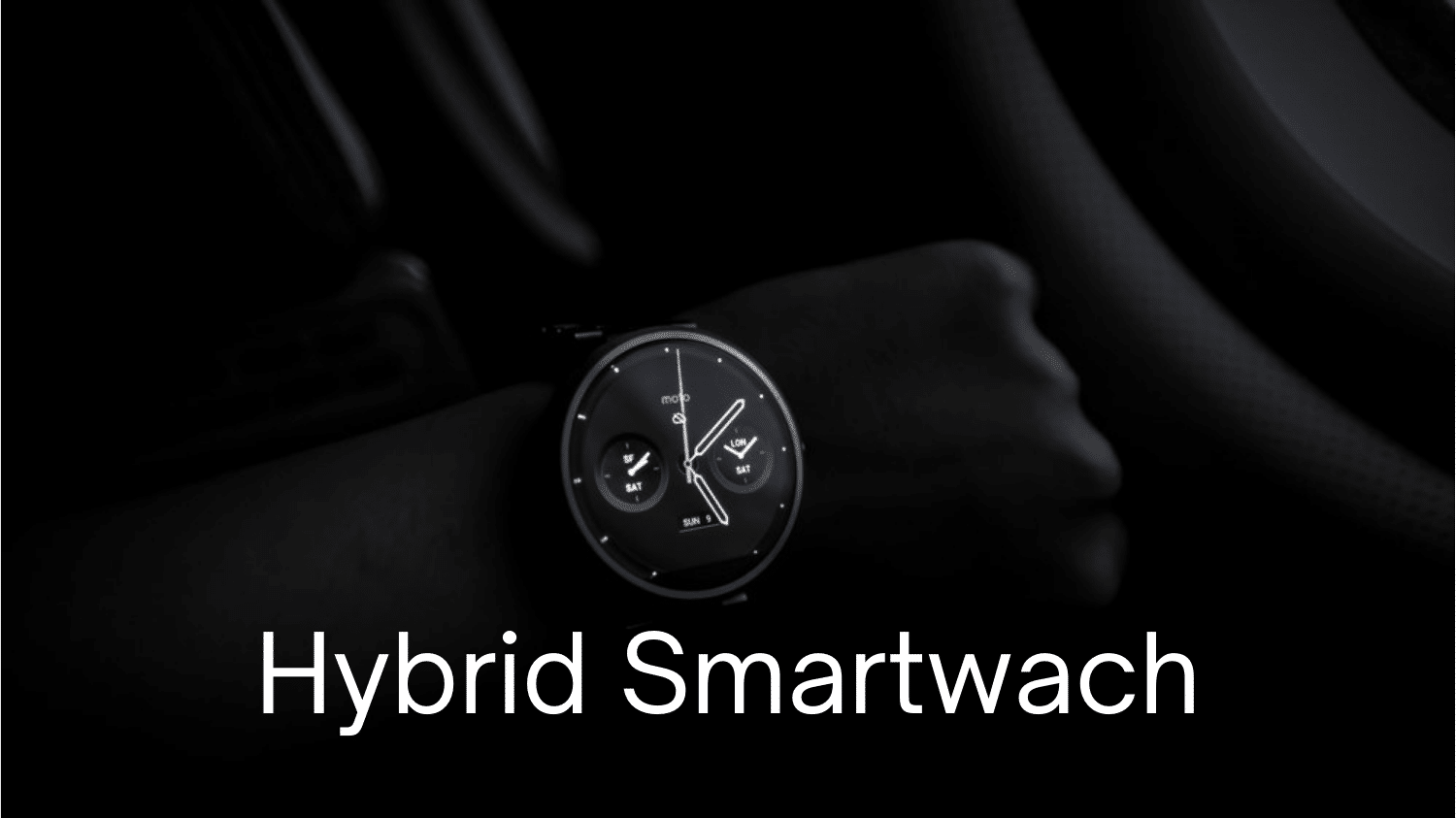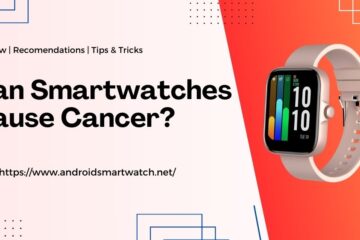Last Updated on April 15, 2024 by Oliver
Imagine you’re wearing a gadget on your wrist that not only tells time but also keeps an eye on your heart. Pretty cool, right? Smartwatches are like superheroes for our health, constantly checking on us. But there’s a big question: Can these smartwatches actually detect a heart attack? Let’s investigate this together, just like detectives, to find out how smart these watches truly are when it comes to our hearts.
Understanding Heart Attacks
First, let’s understand what a heart attack is. Think of your heart as a pump that sends blood all around your body, just like how water flows through pipes to different parts of your house. But sometimes, these “pipes” can get blocked, stopping the blood flow. When this happens to the heart, it’s like a traffic jam causing trouble; this is what we call a heart attack.
Now, heart attacks can give different signs like chest pain, feeling really tired, or having trouble breathing. It’s like your body’s way of sounding the alarm that something is wrong.
How Smartwatches Monitor Hearts Health
Smartwatches are like mini-computers for your wrist. They have special sensors that can check your heart rate, which is how fast your heart is beating. Some smartwatches can even measure something called an ECG (electrocardiogram), which is a way to see how your heart’s electrical system is working. It’s like checking the electricity flow in your house to make sure everything’s running smoothly.
These watches keep an eye on your heartbeat patterns, and if something looks off, they can send you a nudge, saying, “Hey, something might be wrong.” But, can they specifically tell if you’re having a heart attack? Let’s find out.
Can Smartwatches Detect Heart Attacks?
While smartwatches are great at keeping track of your heart’s rhythm and alerting you to irregularities, detecting a heart attack is a bit more complicated. These gadgets can pick up changes in your heart rate or rhythm that might happen during a heart attack, but they can’t diagnose it all by themselves.
For example, if someone’s heart rate suddenly spikes or drops, the smartwatch can notice this change. However, many conditions, not just heart attacks, can cause these changes. So, while your smartwatch might say, “Something unusual is happening,” it can’t say for sure, “This is a heart attack.”
The Importance of Listening to Our Bodies
Smartwatches are helpful tools that remind us to pay attention to our health, but they’re not doctors. If you ever feel strange or notice the warning signs of a heart attack, it’s super important to tell an adult and get medical help right away. Don’t wait for your smartwatch to confirm anything. Listening to your body is key.
Remember, gadgets like smartwatches are there to support us, not to make big health decisions on their own. It’s always better to be safe and check with a healthcare professional if you’re feeling unwell.
Conclusion
So, can a smartwatch detect a heart attack? Not exactly. While they’re awesome at monitoring our heart rates and rhythms, and giving us a heads-up if something seems off, they can’t definitively diagnose a heart attack. Think of your smartwatch as a lookout, always watching and ready to alert you to potential dangers, but not a substitute for a doctor. It’s a tool to help us stay informed and proactive about our health, encouraging us to take action if something doesn’t feel right. Remember, in emergencies, always rely on medical professionals and not just technology on our wrists.
Smartwatches provide valuable health monitoring services and can alert users to potential issues, but they do not have the capability to definitively diagnose heart attacks. They should be viewed as part of a broader health management strategy that includes regular medical check-ups and awareness of one’s own body signals. Always prioritize professional medical advice in emergency situations.
This content enhancement focuses on establishing topical authority in the smartwatch niche by providing detailed insights into how these devices interact with our health, specifically in the context of heart monitoring. It clarifies their capabilities and limits, helping readers understand the practical use of wearable technology in managing heart health.
